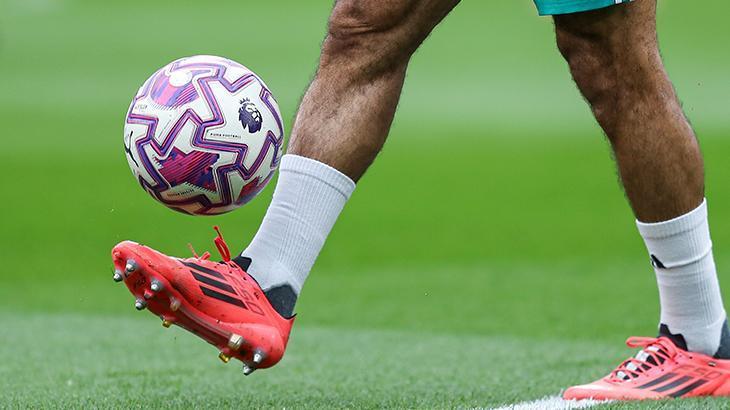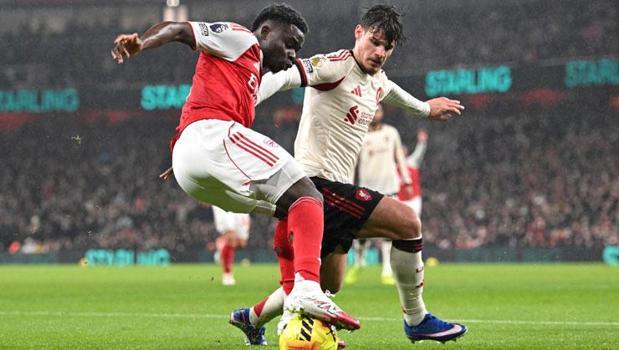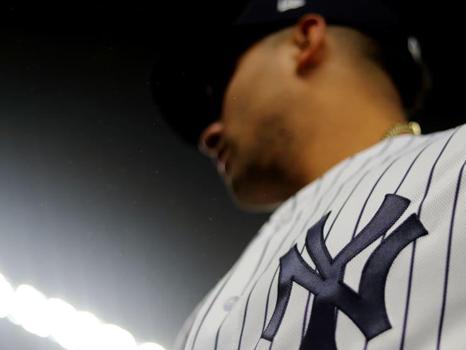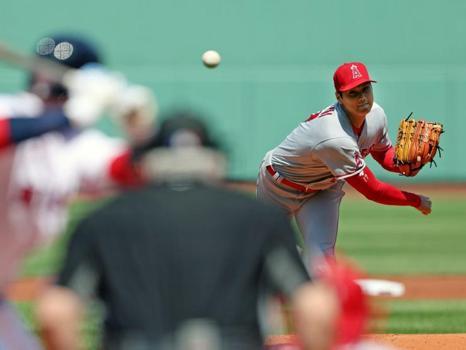BBC exposes massive Premier League ticket black market
BBC investigation has uncovered a widespread black market for Premier League tickets, with overseas companies illegally reselling thousands of tickets at highly inflated prices. The findings have raised serious concerns about fan safety and the ability of genuine supporters to access official tickets, revealing a practice described as "endemic" in English football.

A recent BBC investigation has shed light on a massive black market operating in the heart of English football, with thousands of Premier League tickets being illegally sold by companies based abroad. These foreign-based firms, some operating from locations as small as a Swiss mountain resort with a population of just 4,000, are allegedly using sophisticated software and fake memberships to obtain tickets in bulk from clubs' official online platforms.
Read More ›
The resale of football tickets is illegal in the UK unless through a club-approved exchange. Despite this, BBC Sport was able to easily purchase tickets for four different matches last weekend, including the highly anticipated Manchester derby, for two to four times the face value. The tickets, which were delivered digitally via UK phone numbers on WhatsApp, successfully granted entry to each stadium, demonstrating the scale and effectiveness of the illegal operation.
However, the investigation also highlighted the risks for fans using these websites. While the BBC's journalists were successful, other supporters have reported paying for tickets that were ultimately fake, leaving them out of pocket and unable to attend the game.
Read More ›
The scale of the problem
The Premier League maintains an "unauthorised" list of more than 50 websites involved in ticket touting, including StubHub and Vivid Seats. The BBC's investigation focused on four of these sites, which were found to be advertising tens of thousands of tickets. For example, one site listed over 18,000 tickets for a single Arsenal match—nearly a third of the Emirates Stadium's capacity.
While experts believe that many of these are "speculative listings" for tickets the companies don't actually possess, even a small percentage of those listings would amount to thousands of tickets sold illegally each week. Prices on these sites ranged from £55 to nearly £15,000, with booking fees that often pushed the total cost well beyond the tickets' face value. The Football Supporters' Association (FSA) has called the findings "very concerning," with FSA chair Tom Greatrex stating that the practice is "endemic across the game."
Security risks and club response
The investigation also exposed significant security vulnerabilities. Tickets were delivered digitally, often with strict instructions not to speak to stadium staff and to avoid wearing away team colors. At the Manchester derby, a BBC journalist with a ticket to the home section was able to enter without being questioned, demonstrating how these black market operations undermine vital segregation rules designed to keep rival fans apart and ensure safety.
Read More ›
MORE FROM FANATİK
In response to the findings, several Premier League clubs have detailed their ongoing efforts to combat the problem. Arsenal announced they have canceled almost 74,000 accounts for attempting to obtain tickets in unauthorized ways, while Everton stated they are working with law enforcement to target online and in-person touts. Manal Smith, Arsenal's former head of ticketing, warned fans to "Just don't do it. Please don't do it." as she recounted heartbreaking stories of fans who were scammed out of hundreds of pounds.
The companies involved in the black market are largely registered abroad, placing them outside the reach of UK law. Only one of the four companies responded to the BBC's findings, defending its role as a "trusted resale platform" and arguing that regulations against resale only benefit event organizers. The FSA's Tom Greatrex suggested that new legislation may be needed to close this loophole. As a security expert noted, the fight against these operations is an "arms race," with clubs and law enforcement struggling to keep pace with the sophisticated tactics of illegal touts.










